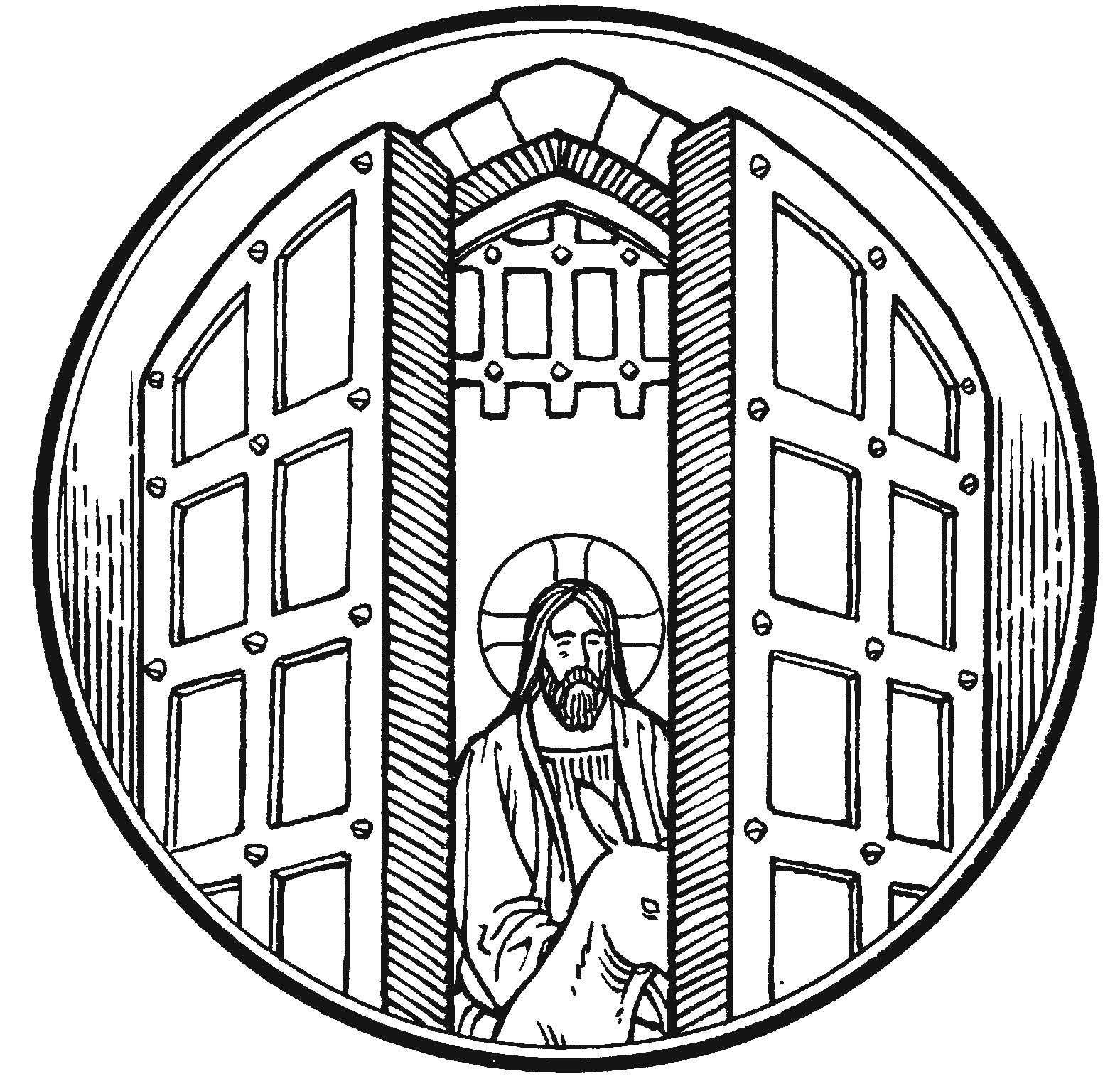Tag: First Sunday of Advent
-

First Sunday of Advent (Matthew 21:1-9)
Bethlehem Lutheran & Bethel Lutheran Church, Lebanon & Sweet Home, OR First Sunday of Advent + December 2, 2018 Text: Matthew 21:1-9 By coming into Jerusalem, Jesus sets a precedent. On the one hand, He shows what kind of King He is going to be. On the other, He shows what His subjects can expect.…